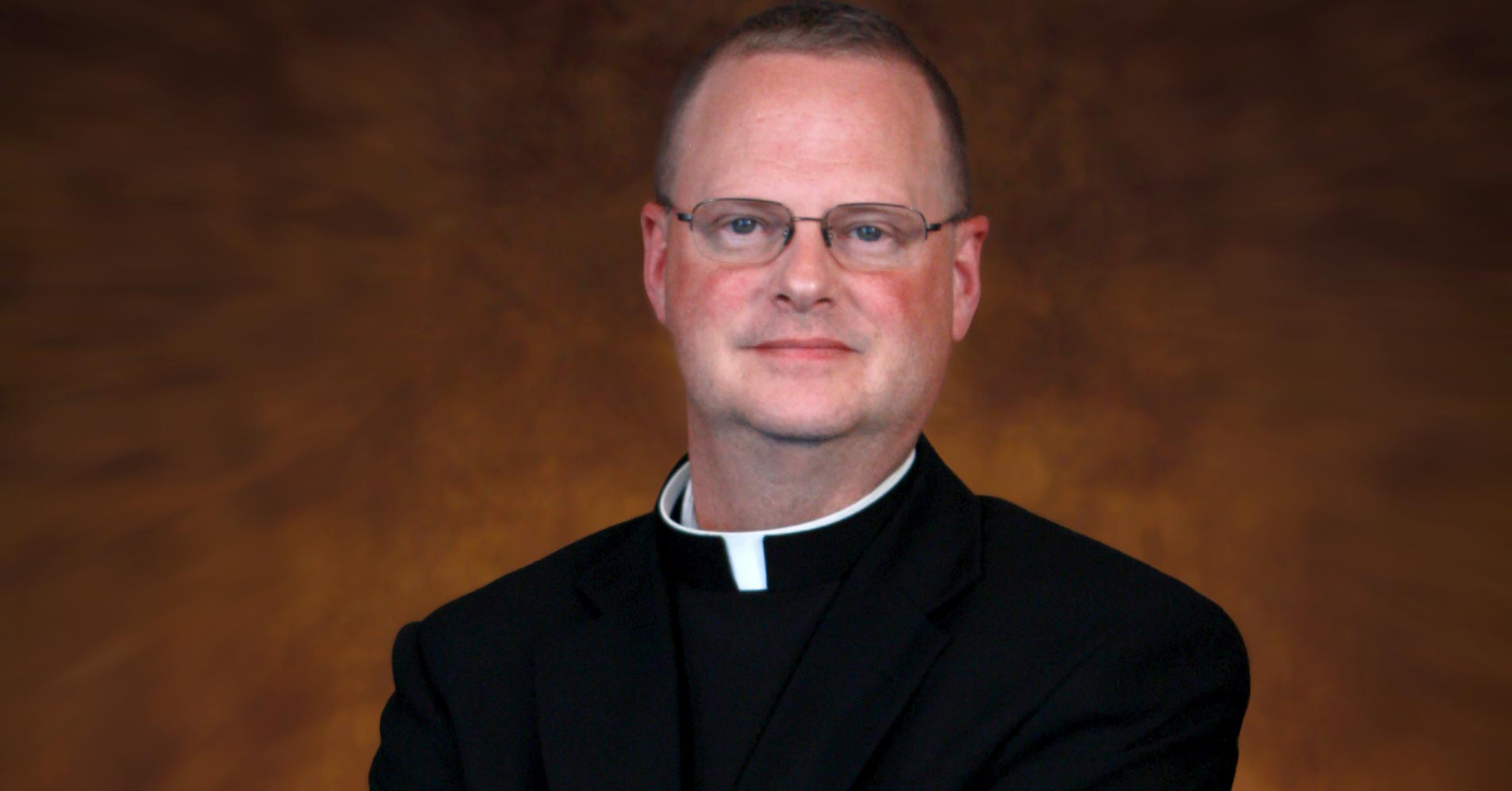
I was born with a lazy eye. I have lived with this for my entire life, but it was not until recently I discovered exactly what was wrong with my eye. While the eye doctor was taking a little break from the procedure he was performing on my eye, I asked him what was wrong with my right eye.
He explained to me that my eye is actually fine, but I was probably born with astigmatism in that eye, and so my brain compensated for the blurriness by using my good eye almost exclusively. This happened as my right optic nerve was developing, causing it to stop developing, something that was discovered when I was 6 and my eyes were checked before kindergarten.
By that time, the optic nerve was fully developed and, as a result, I only have peripheral vision in my right eye.
This particular eye has recently become a source of consternation as I have had to have operations to reattach its retina and to have cataracts in it removed. But, that has only been recently.
For most of my life, I have not spent much time thinking about this eye, or the very limited sight I have with it. Mostly I would only really think about it when something happened to my left eye, which causes some panic since it is the source of my sight.
I also think about it when I get my driver’s license renewed and I have to take the eye test and explain to the person administering the test that my peripheral vision is quite good (even with cataract-induced fuzziness), and they smile cautiously as they give me my new license.
Finally, I think about it when someone throws something to me, because, having only peripheral vision in one eye, I have some issues with depth perception, and that becomes more intense the closer something is to me. Basketballs, baseballs, footballs and the odd item tossed my way tend to hit me in the face more often than being caught.
However, with the recent surgeries, I have been thinking about my sight more than usual. My thinking has been about protecting my good eye, but I have also been wondering about what I see. What I wonder is, do I see the world differently than someone with 20/20 vision in both eyes?
Do I see the world in three dimensions? I have no idea if I do or do not, because I can only see what I have always seen. If you could see the world, suddenly, through my eyes, maybe you would think the world was flat and lacking depth. Maybe.
One day, at an appointment, I asked the doctor if there was any way to correct the optic nerve issues, and he assured me there was not, and I was fine with that. Then he told me something interesting. He said that if it could be corrected, “I suspect after a few days you would be back in that chair asking me to change it back.”
He told me that after over five decades, I saw the world as I saw it, and a sudden increase in depth perception, or the ability to see three-dimensionally, would cause me more problems than I would expect. I found that fascinating and a confirmation of my suspicion that I saw things differently.
I see the same things as everyone else, I just see them differently. I sometimes let my imagination flow and ponder what things would look like with clearer vision, but my imagination is limited by experience. I see what I see, and cannot imagine seeing in any other way.
But that is my physical eyes; they are bound by science and biology. The deeper eyes of my life are more pliable, these spiritual eyes are able to see deeper and beyond the confines of my heart. However, like my physical eyes, they are often in need of correction.
As I ponder the several surgeries I have had on my eyes, and occasionally as I slip on my glasses in the morning, I remember to open my spiritual eyes as well. I know I see what I see based on a number of factors: how I was raised, how I was taught, how I was formed, but I also choose what I wish to see.
I can choose what I learn, how what I learn impacts me, how I often choose to see only what everyone else does, and then I presume it is the only way, the right way, and therefore I am always right. I forget I need constant correction, and growth, to see with the eyes of Christ, and not to presume that I just do.
It is being open to the grace we receive, in prayer, in the sacraments, that gives us the ability to see with the eyes of Christ, and how to love with His heart. We may think we see, but it helps to remember that just because everyone sees one way does not mean we are seeing correctly.
We can see, but only if we have the humility to know when we do not.

